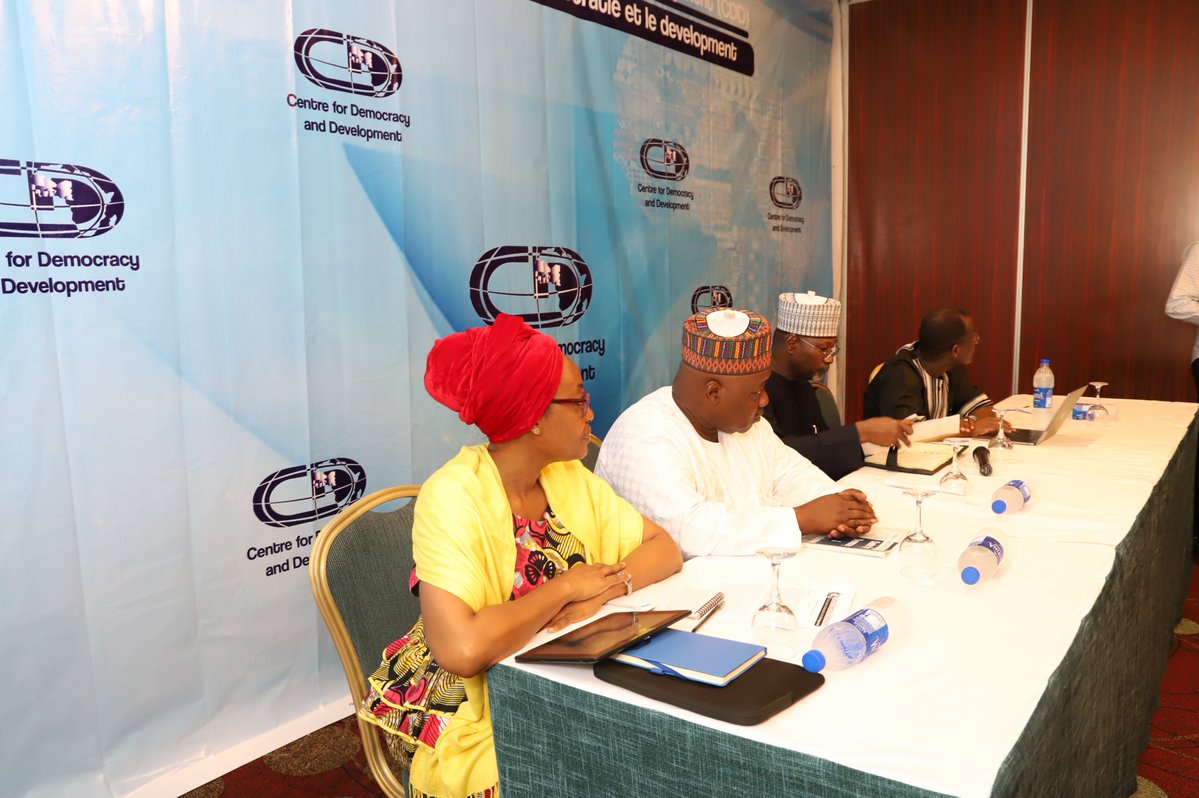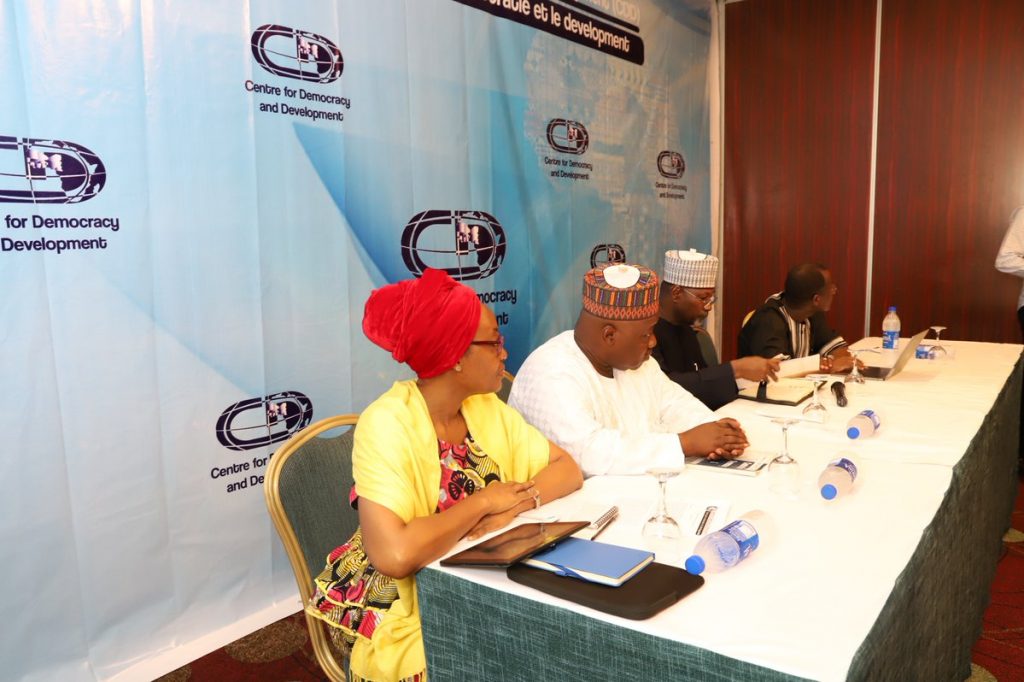About 50 journalists from different parts of Nigeria, Thursday, converged in Lokoja, Kogi State capital, for a training workshop on how to report gender sensitive issues ahead of the 2019 general elections.

The two-day workshop was organised by the Centre for Democracy and Development (CDD) with funding from UN Women.
Organisers said the training will equip journalists with skills for balanced reporting of both genders. They stressed the need for the media to give “maximum coverage” to women who have political interests ahead of the election.
“Women have been marginalised and grossly misrepresented in Nigeria politically. Coverage of their political struggle and participation should be amplified and prioritised in the run up of the 2019 elections,” CDD director, Idayat Hassan, said in her opening remark.
Ms Hassan said media reportage so far militate against representation of women’s political views, campaigns and ambitions.
“We want to see more women emerge as candidates but who will vote for them if they are not well represented?”
She further listed various challenges women face in politics including funding, capacity, culture, religion, party structure among others.
“We are also looking at the steps the electoral body, INEC is taking to ensure balanced gender representation.”
James Bigila, a representative of UN Women, said the media have a big role of putting gender issue on the front burner of political discussions.
“Women have 48 per cent of the population in Nigeria but they are poorly represented in the Senate, House of Representatives and State Houses of Assembly. There is need to bridge this gap in 2019.”
For Antonia Taiye Okoosi-Simbine, INEC National Commissioner, it is important for the media to wear a ‘gender lens’ when reporting sensitive issues such as politics and elections.
“The fact that women have 48 per cent of the voting population but only occupy five per cent of the political seats can be attributed to media reportage in the sense that women issues are under reported and even negatively reported.
“Of the 35 parties contending for the upcoming states governorship elections, none of them have a female candidate while only 10 fielded women as deputy governors.
“There is need for general societal enlightenment because if political power remains the strongest access to decision making and policy change in the country, then it needs to be shared among all genders so that inequality is not perpetuated.”
She also declared the workshop open.
Low representation of women in pervasive in Nigerian politics. No woman has been elected president, vice president or governor.

